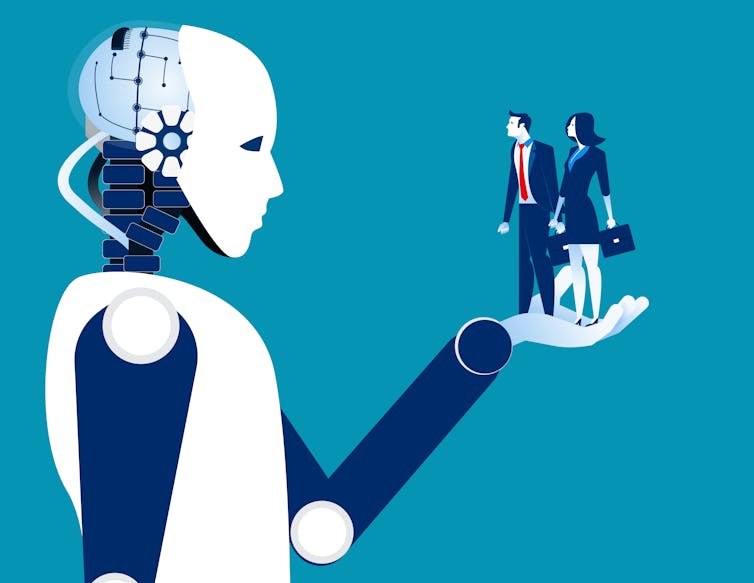Carlo Morelli – Karl Marx wouldn’t agree that worker power has been killed by the 21st century

It is remarkable for an economic thinker and political activist that 200 years after their birth, millions are still avidly discussing their work. Yet Karl Marx’s Capital continues to influence every new generation.
In an era of anti-globalisation protests and the movement against the 1%, Marx’s analysis continues to be relevant – he explains how the capitalist system goes hand in hand with aggressive competition and innovation, and why this leads to poverty, crisis and eventually revolution. He brilliantly describes growing wealth, the worsening conditions of labour and the necessity for a different society.
These insights apply as much to the 21st century as the 19th. We see the same capitalist landscape of old incumbents constantly under pressure from new challengers – and also the same destructiveness.
Some political scientists argue that the internet and particularly the gig economy have fundamentally changed the nature of work. Capitalism has become so dominant over labour, they argue, that old bonds between workers such as class and solidarity are increasingly meaningless.
On this analysis, worker action and revolution are off the agenda. And jobs likely to get automated in future – that’s 80% of posts in transport, warehousing and retail logistics according to one prediction – are seen as part of the same trend
The working class gains recruits from the higher strata of society: a mass of petty industrialists and small rentiers are hurled down into its ranks and have nothing better to do than urgently stretch out their arms alongside those of the workers. Thus a forest of uplifted arms demanding work becomes ever thicker, while the arms themselves become ever thinner.
Inherent instability
For Marx, the very dynamism that saw capitalism expand also caused its downfall. Companies have no choice, he believed, but to compete with one another in a war for survival. They seek to defeat their rivals by lowering the prices of their goods – thus, for example, a computer today is far cheaper than it was yesterday.
But this means that there is a tendency towards a falling rate of profit for each player. To offset this and to make their goods even cheaper, the capitalists either become more concentrated through mergers and acquisitions, or by driving down wages through deskilling jobs and making people redundant. As Marx wrote, it becomes a competition between “the generalists, the capitalists … as to who can discharge most soldiers of industry”.
And this, he thought, was the inherent problem. Like the classic economists of his time, Marx believed in a labour theory of value – the idea that the value of a product should be based on the amount of labour that has gone into it. The more the capitalists sought to protect their profitability, the more they undermined the value of the products they were creating with labour power.
The Sainsbury/ASDA merger is the perfect example. These two supermarkets’ motivation is not the high levels of profits of both companies but the opposite – the squeeze on profits both companies face from Amazon on the one hand and low-cost retailers like Lidl and Aldi on the other.
As the battle for thinner and thinner profits wears on, Marx argued that the capitalists become ever more estranged from a burgeoning working class. The workers are both increasingly frustrated as jobs became more and more stultifying, and facing rising levels of unemployment. In time, competition to accumulate more wealth creates systemic crisis.
Companies like Deliveroo and Uber are not really a means of thwarting worker power at all – they just lead to collective action by workers seeking to address the imbalance between capital and labour.
Marx therefore helps us make sense of modern power relations after all. Then, as now, there is no contradiction between capitalism and crisis: it is a process of historical development and economic transition within the system.
I would argue that the lasting legacy of Marx 200 years after his birth comes from the conclusion he and Friedrich Engels drew in their 1848 publication The Communist Manfesto:
The proletarians have nothing to lose but their chains. They have a world to win. Workers of all countries unite.
Carlo Morelli, Senior Lecturer in Business and Economic History, University of Dundee

No comments:
Post a Comment